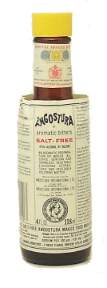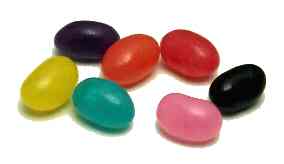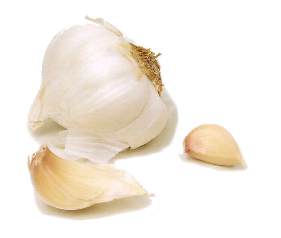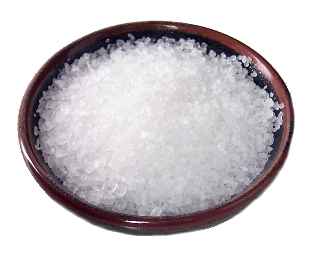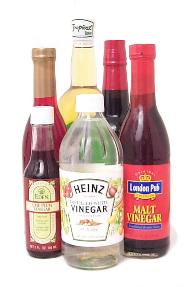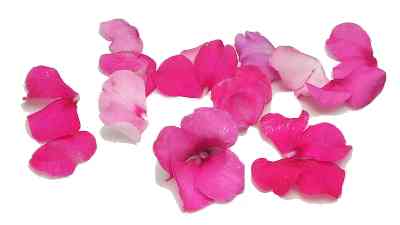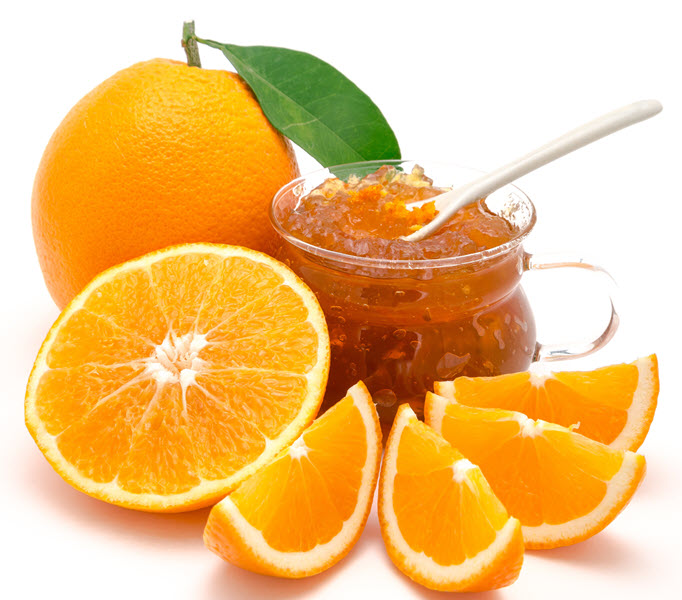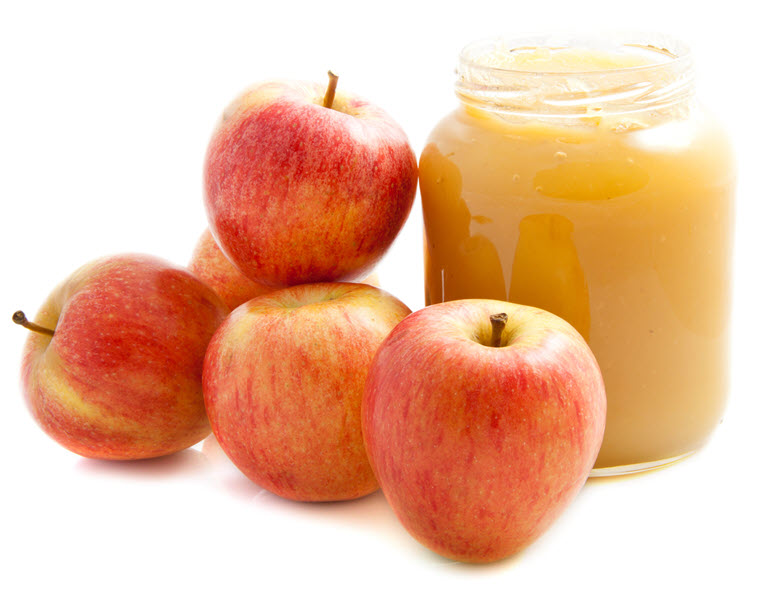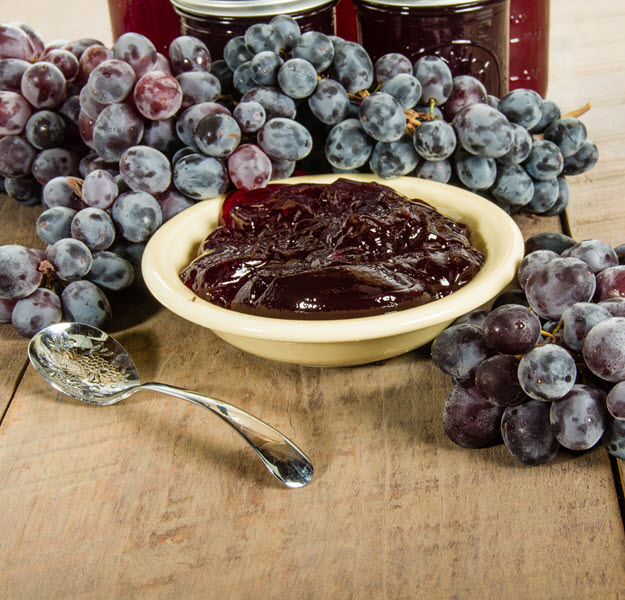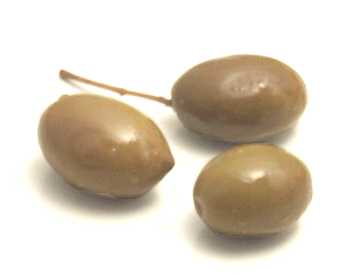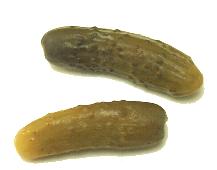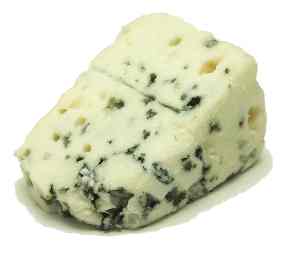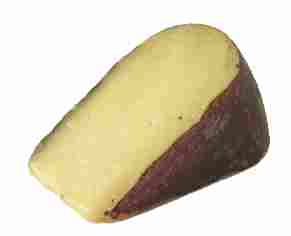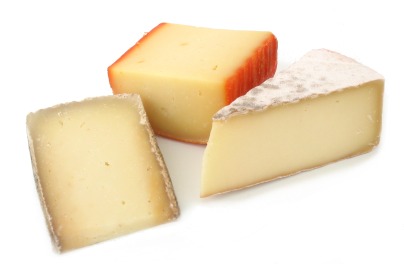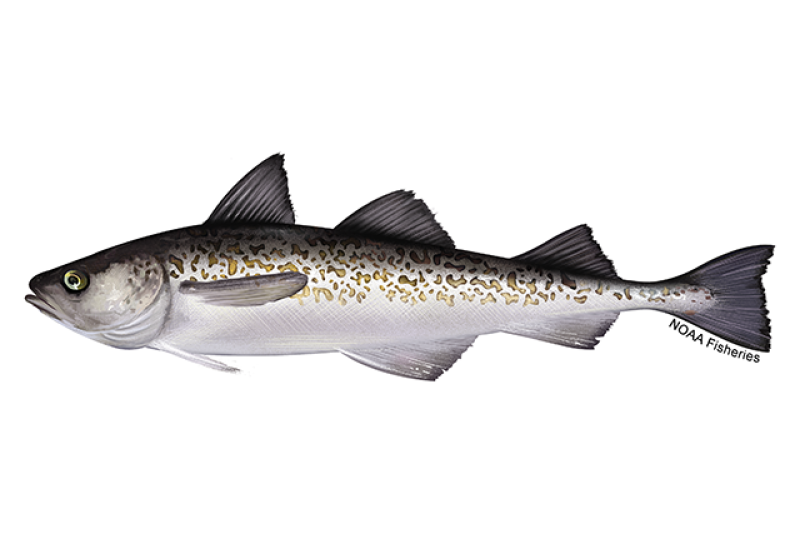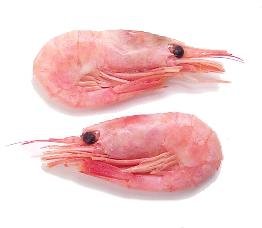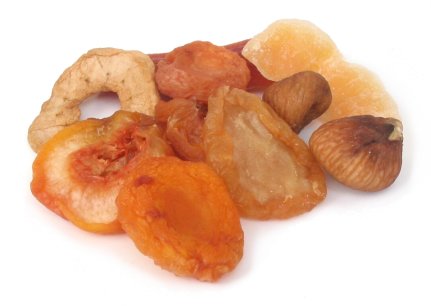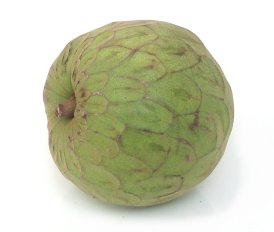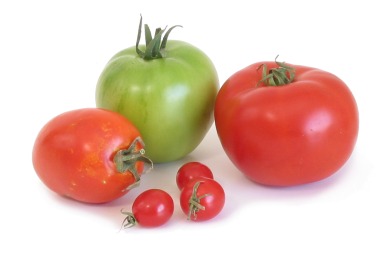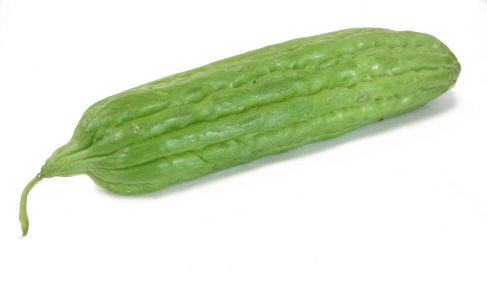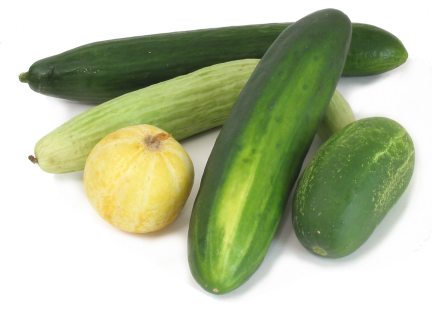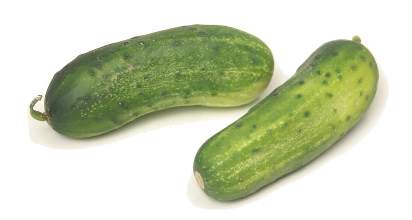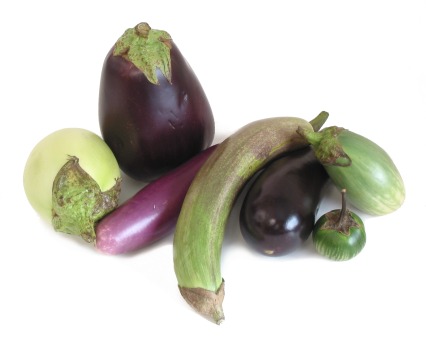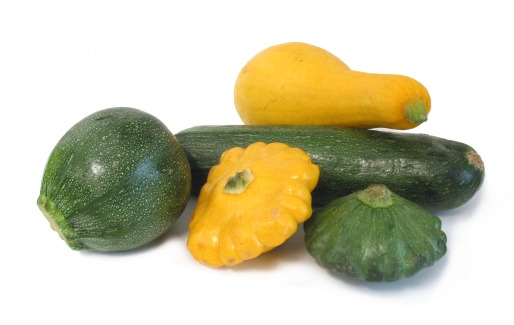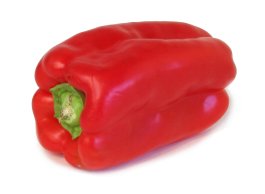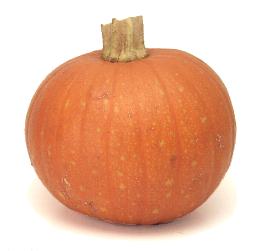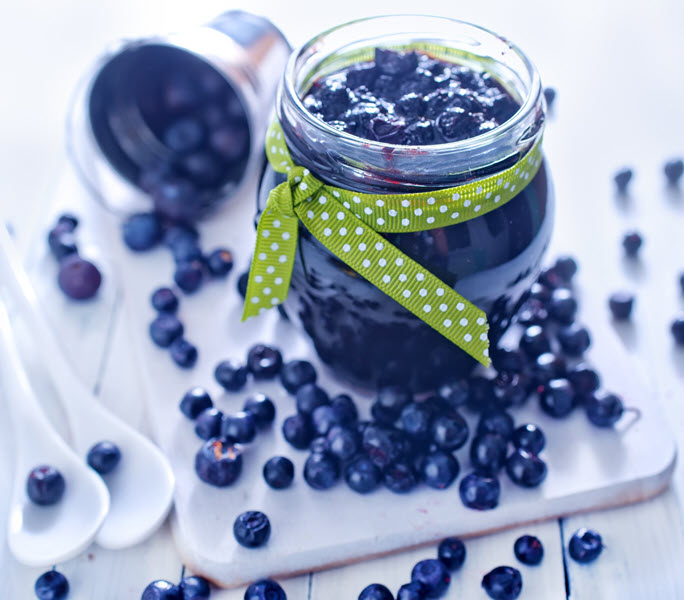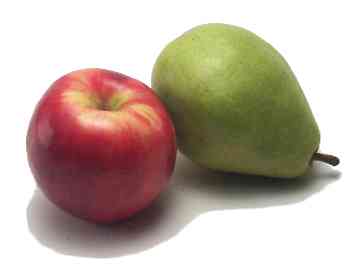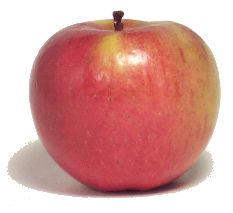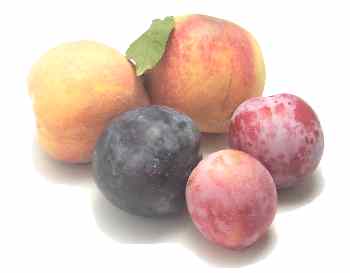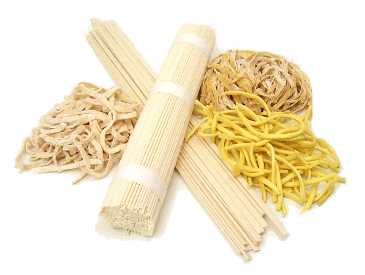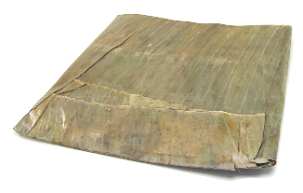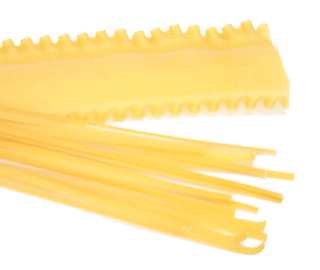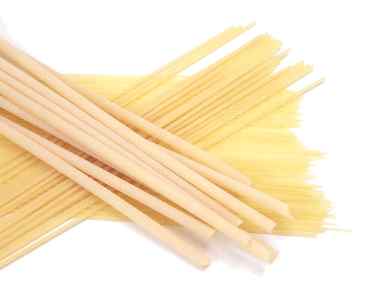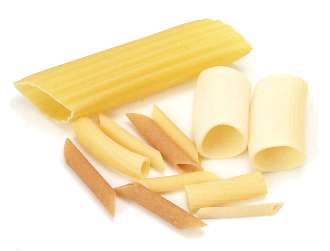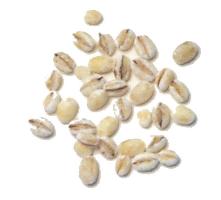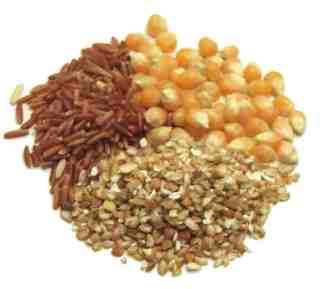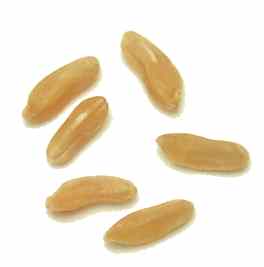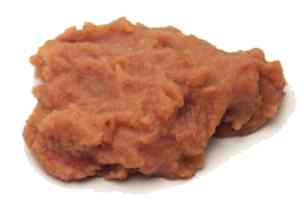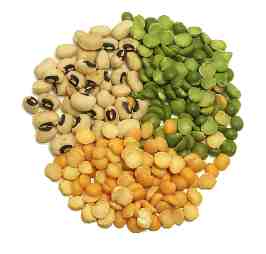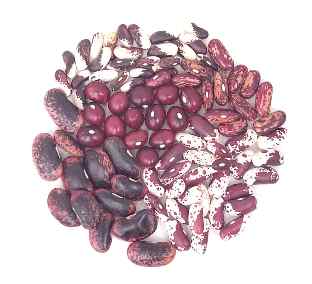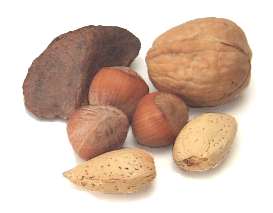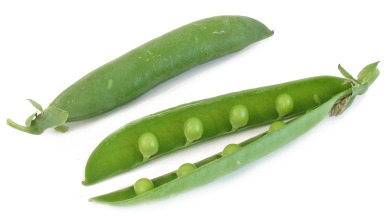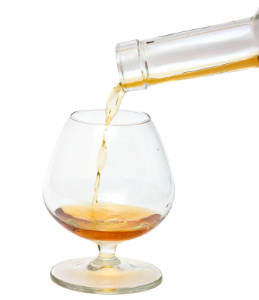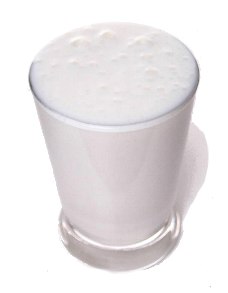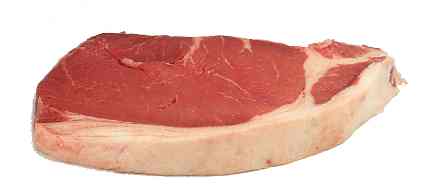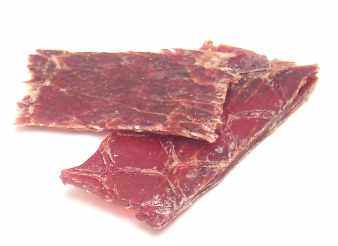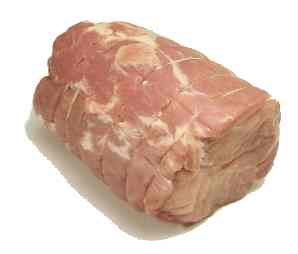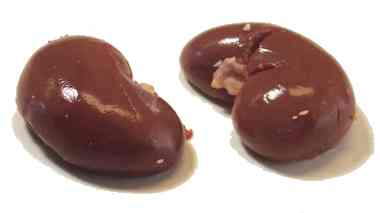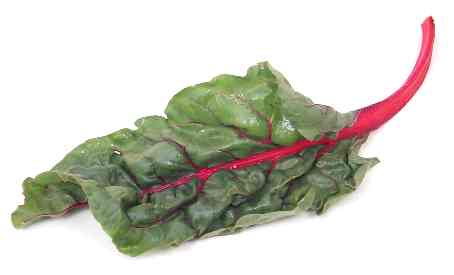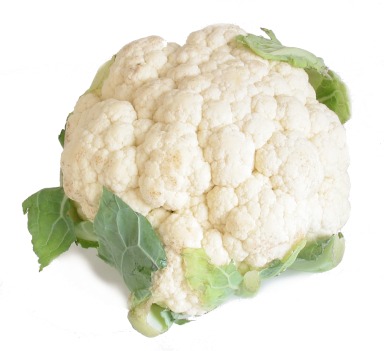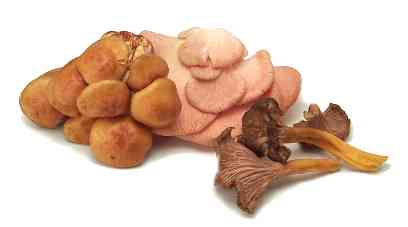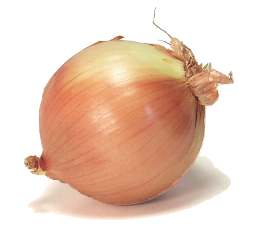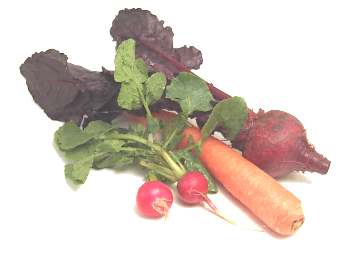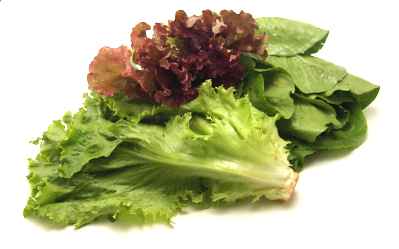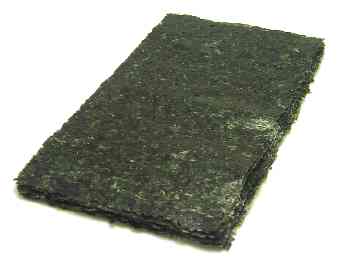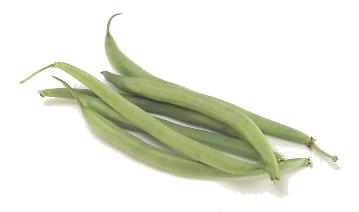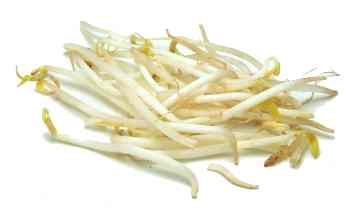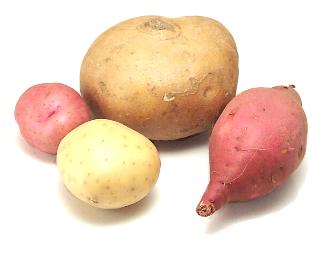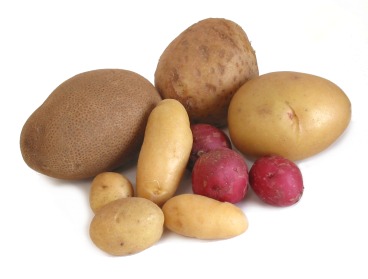Flavorings Category
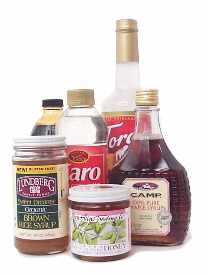
Includes sweeteners, herbs, spices, chocolate, and extracts.
fenugreek
This adds an earthy flavor to curries, chutneys, and sauces. It's available as seeds or powder, and you can usually find it in Indian and Middle Eastern markets. If it's not available, just leave it out of the recipe.
Learn morefenugreek leaves
This mildly bitter herb is believed to have medicinal properties. Dried leaves, either whole or ground, are called kasuri methi, and they're a good substitute for fresh. Look for fresh or dried leaves in Indian markets.
Learn morefilé powder
This powder is made from the same sassfras tree leaves that used to give root beer its distinctive flavor, back in the days before artificial flavorings. Southerners add filé to their gumbos to thicken and flavor them. The powder gets stringy when it's heated, so add it only after you've removed the gumbo from the heat source. Filé also doesn't reheat well, so add it only to the gumbo that you're planning to eat right away.
Learn morefine salt
This is salt that's been ground into small grains. Most recipes calling for salt intend for you to use finely ground salt, though coarse salt is better for certain things, like making beds for oysters and salt crusts on meat or fish, or for lining baking dishes or the rims of margarita glasses. Table salt usually comes finely ground.
Learn morefingerroot
This ginger relative is popular in Thailand. It resembles long fingers jutting from a hand.
Learn morefish sauce
Fish sauce is typically made from anchovies or other small fish fermented in salt. It is used to flavor many dishes. It is very common in Asian cooking. The romans called it Garum and it was a widely used flavoring in Roman times. Filipino fish sauce that isn't as highly regarded as the Vietnamese or Thai versions, and shottsuru, a Japanese fish sauce. Red Boat, a Vietnamese fish sauce, is thought to be very similar to garum.
Learn moreflavored syrups
These are often used to flavor Italian sodas or coffee. They come in dozens of flavors, but some of the most popular are vanilla, almond, raspberry, Irish cream, and hazelnut. Popular brands include d'Arbo, Monin, and Torani. To make your own: Make a simple syrup with equal parts sugar and water, then add flavored extract to taste. Store in the refrigerator.
Learn moreflavored vinegar
These are vinegars that have been flavored, usually with herbs, fruit, garlic, or peppercorns. They're handy if you want to whip up a flavorful salad dressing or sauce in a hurry.
Learn moreflavoring oils
These are highly concentrated essences of a wide variety of flavors, like cinnamon, anise, bitter almonds, and peppermint. They're often used to make hard candies and lip glosses, but they also make excellent substitutes for extracts--just use much less than the recipe calls for. Look for flavoring oils near the spices in large supermarkets or in candy supply stores or pharmacies. You can store them indefinitely in a cool, dark place.
Learn moreflowering chives
These come from the same plant as Chinese chives. They're usually marketed and cooked before the buds open.
Learn moreFortified Wine
These are wines that have been fortified with brandy and sometimes flavored with herbs, roots, peels, and spices. The most popular examples are sherry, Madeira, Marsala, port, and vermouth. Fortified wines are often used in cooking, or they're served as apéritifs or dessert wines.
Learn moreframboise
This is a clear French fruit brandy that's made with raspberries. Don't confuse this with framboise liqueur, which is sweeter, or with framboise syrup, which is a non-alcoholic raspberry flavoring.
Learn moreFrench sea salt
This expensive French salt comes from sea water that's pooled into basins and then evaporated. Unlike most American sea salts, it's unrefined, so it retains more of the minerals that naturally occur in seawater. There are several varieties. Gray salt = grey salt = sel gris gets its color from the clay lining the basins. La fleur de sel (the flower of the salt) is whiter, but has a similar flavor. That trendy gourmets are willing to shell out $5 for a small packet of French sea salt drives chemists crazy, since almost all of it is just plain salt, sodium chloride, NaCl. Salt aficionados counter that French sea salt has a much softer and fresher flavor than ordinary table salt, and that the difference is worth it. These salts comes either coarsely or finely ground. Since salt is an inorganic mineral, there's no point in grinding large crystals with a salt mill so they'll be "fresh." Salt, unlike pepper and spices, never goes stale. It's best to use these salts after the food is cooked, or their subtleties will be lost.
Learn morefructose
A teaspoon of granulated fructose has about the same number of calories as a teaspoon of granulated sugar, but fructose is roughly twice as sweet. Many diabetics use it since it doesn't affect their blood sugar as dramatically as granulated sugar. Look for it among the dietary foods or among the sugars in your supermarket.
Learn morefruit brandies
While other brandies are distilled from fruit juice, fruit brandies are distilled from the entire fruit--skins, pits, and all. They're usually colorless, and fairly high in alcohol. Varieties include apricot brandy, plum brandy, kirschwasser (cherries), framboise (raspberries), fraise (strawberries), grappa (grapes), pisco (Muscatel grapes), mure (blackberries), and myrtille (bilberries). Don't confuse fruit brandies with the cheaper and cloyingly sweet fruit-flavored brandies.
Learn morefruit vinegar
Fruit vinegars are assertive without being pungent, so they make terrific salad dressings. More healthful ones, too--since they're not as pungent as other vinegars, you can cut calories by using less oil. They're also good in marinades and in sauces for roasted meats, especially poultry, ham, pork, and veal. Popular commercial vinegars include raspberry vinegar, blueberry vinegar, and mango vinegar. They're easy enough to make at home, but seek out a trustworthy recipe. If too much fruit is added to the vinegar, it may not be sufficiently acidic to ward off harmful microbes.
Learn morefruit-flavored brandy
This is brandy that has fruit flavoring and coloring added. Don't confuse these sweet liqueurs with the more elegant and expensive fruit brandy, which is distilled from whole fruit
Learn morefurikake
This Japanese salt substitute combines black and white sesame seeds, nori, red shiso leaves, and additional flavorings.
Learn moregalangal
Look for this in Asian markets. It's sold fresh, frozen, dried, or powdered, but use the dried or powdered versions only in a pinch.
Learn moreGamay
This name is given to American red wines made mostly from Pinot Noir and Valdiguie grapes. It's an unexceptional fruity wine that goes best with hearty dishes that have rich sauces. Don't confuse this wine with Gamay or Napa Gamay, both of which are superior. The name Gamay Beaujolais is scheduled to be phased out by 2007.
Learn moreGamay Beaujolais
This name is given to American red wines made mostly from Pinot Noir and Valdiguie grapes. It's an unexceptional fruity wine that goes best with hearty dishes that have rich sauces. Don't confuse this wine with Gamay or Napa Gamay, both of which are superior. The name Gamay Beaujolais is scheduled to be phased out by 2007.
Learn moregarlic
Almost every cuisine on our planet has found an important role for garlic. Europeans mince it raw and add it to salad dressings, or sauté it and use it to flavor their sauces. Asian cooks add it to to their stir-fries; Indian cooks to their curries; Hispanic cooks to meats and vegetables. And Americans have lately taken a fancy to roasting whole bulbs, and then spreading the garlic like a soft cheese on bread or crackers. Garlic's good for you, too. Researchers believe that garlic can bolster the immune system, lower blood pressure and prevent heart disease, and at least some people believe that it can ward off vampires and insects. The only downside is that raw or undercooked garlic tends to linger on the breath, though many people are more than willing to pay that price. Types of garlic include the mild green garlic, the purple-skinned Italian garlic and Mexican garlic, and the common white-skinned garlic = California garlic, which is the most pungent of all.
Learn moregarlic flakes
When rehydrated in water, garlic flakes provide much of the flavor and texture of fresh garlic.
Learn moregarlic juice
These are sold in spray bottles or in small jars. Look for them in the spice section of larger supermarkets. To make your own: Strain the juice from a jar of minced or pressed garlic.
Learn moregarlic powder
Garlic powder provides some of the flavor, but not the texture, of fresh garlic. It disperses well in liquids, so it's a good choice for marinades.
Learn moreGewürztraminer
German and domestic versions of this white wine are somewhat sweet, flowery, and relatively low in alcohol. They're very good with curry and spicy Asian food. Imports from Alsace tend to be drier and are excellent with seafood and poultry.
Learn moregianduja
This Italian specialty is made with chocolate and hazelnut paste. It's unbelievably good.
Learn moreginger ground
Recipes for baked goods often call for ground ginger. Don't confuse this with fresh ginger root, which is used mostly in Asian dishes.
Learn more
